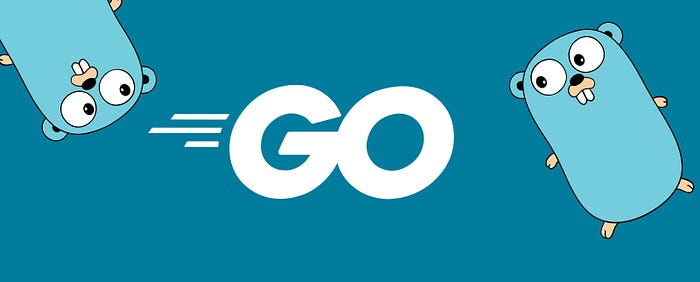Exciting Features Coming in Go 1.21 Release
Written on
Chapter 1: Introduction to Go 1.21
Go 1.21 is anticipated to launch in August 2023, bringing with it a host of exciting new features. In this update, we'll explore the significant changes that are set to enhance the language.

Chapter 2: Key Enhancements
As Golang continues to evolve, each version introduces valuable updates. Previous enhancements like modules in 1.11, improved error handling in 1.13, and the introduction of generics in 1.18 have all contributed to its growth in response to community needs. With Go 1.21 on the horizon, now is the perfect time to delve into the new features.
Section 2.1: New Built-in Functions
In my view, simplicity is key, and while I typically prefer to avoid adding new keywords, the three new built-in functions in Go 1.21 are genuinely beneficial. Many developers have likely created their own min and max functions for specific types. After the introduction of generics in 1.18, we developed a generic min/max function in our utility package, which left me wondering why this wasn't included natively.
Now, with the addition of two new built-in functions, we can handle any number of ordered (and thus comparable) arguments, including types such as (u)int(8/16/32/64), uintptr, float(32/64), and string. The definitions are as follows:
func max[T cmp.Ordered](x T, y ...T) T
func min[T cmp.Ordered](x T, y ...T) T
Here are a few practical examples:
a := 1
b := 2
c := []int{3, 4, 5}
max(a) // 1
max(a, b) // 2
max(a, c...) // invalid operation: invalid use of ... with built-in max
max(a, b, c[0]) // 3
max("a", "b") // "b"
It's important to note that min and max are non-variadic built-in functions.
Additionally, a third function, clear, has been introduced. Previously, clearing a map was cumbersome, requiring a loop to delete keys. Now, with clear(m), you can easily empty a map, resulting in len(m) returning 0. The community also agreed to extend this function to slice clearing, zeroing out elements as needed:
c := make(int, 0, 5)
c = append(c, 1) // c => [1]
c = append(c, 2) // c => [1,2]
clear(c) // c => [0,0]
clear(c[1:]) // c => [1, 0]
Section 2.2: New Standard Packages
I have a fondness for standard packages due to their simplicity and utility. The addition of new packages in Go 1.21 will significantly enhance our programming experience. There will be four new packages that address common operations on maps and slices, allowing developers to rely on the standard library rather than third-party libraries.
The slices package will contain several practical functions, including:
- clip: This function effectively reduces the capacity of a slice.
- contains: A frequent necessity in many projects.
- clone: This creates a new slice with value copies of the original.
- Grow: This enables the expansion of a slice's capacity.
Additional functions like Reverse, Sort, BinarySearch, Insert, and Delete will also be included.
The maps package, while smaller, offers essential functions for copying maps, comparing them, and retrieving keys and values.
With the log/slog package, structured logging becomes more accessible, especially for server-side applications where human-readable logs are impractical.
The cmp package has been introduced alongside the new min and max functions, providing essential comparison operations.
Chapter 3: Other Noteworthy Changes
Go 1.21 will also include various other enhancements, such as garbage collector tuning and improvements in type inference for generic functions. One experimental feature is the loop variable capture problem, which can be enabled with GOEXPERIMENT=loopvar and is expected to become standard in Go 1.22.
Overall, I am eager to see how these changes will refine my workflow and potentially reduce the amount of code I write.
Discover what's new in Go 1.21 with this informative video.
Dive into the details of the Go 1.21 release notes in this overview.
This rewritten content includes paraphrased information, structured organization, and the requested YouTube video directives.